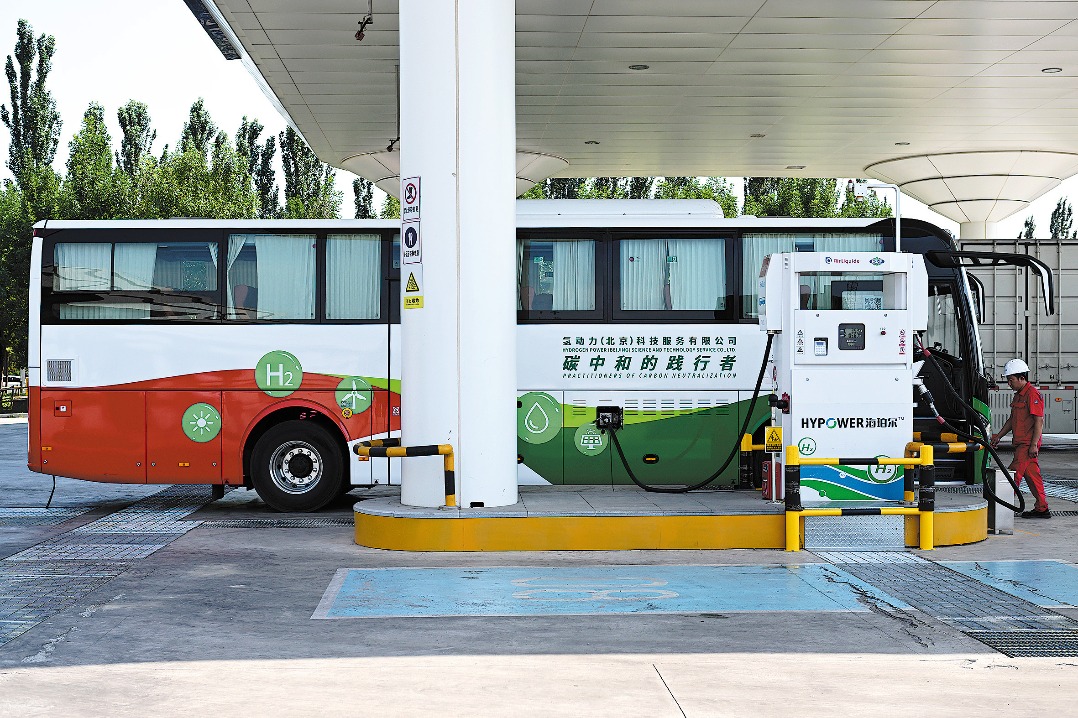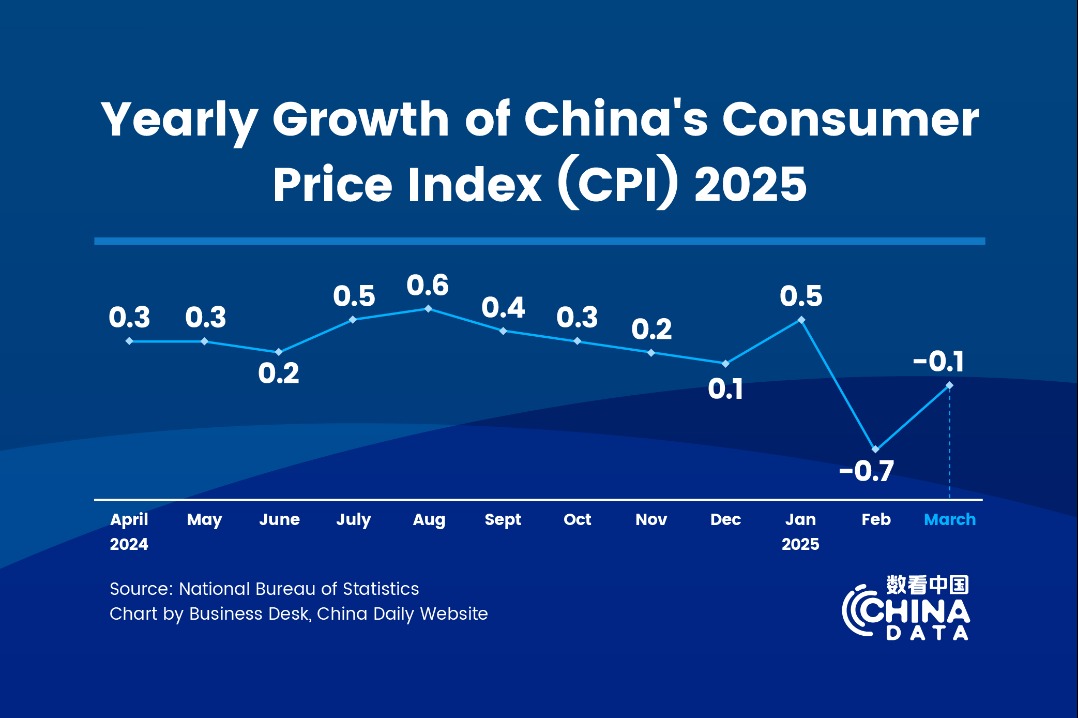Consumption tax law in the pipeline


Measure to focus on reform of existing system, boost local govt capabilities
China must reform its existing tax system, which gives local authorities a greater share of the tax income, as the aggressive tax cut program and economy-boosting spending has increased fiscal deficits, said analysts.
The Ministry of Finance is drafting a consumption tax law, which will focus on reforming the current tax system, strengthening the ability of local governments to deal with larger tax and fee reductions, and improving the consumption environment, said a senior official on Thursday.
The specific adjustments will be implemented gradually, and the overall consumption tax burden will remain stable, said Xu Guoqiao, a senior official with the tax policy department of the Ministry of Finance.
Though the total tax income decreased by 0.4 percent in the first three quarters, the consumption tax income increased by 15.8 percent from a year earlier, the ministry said on Thursday. Consumption tax collections reached 1.14 trillion yuan ($161 billion) by the end of September, accounting for nearly 8.98 percent of the total tax collections, said the ministry.
The country also plans to shift the collection of consumption tax to the point of sales from the production and import stage, which will in effect boost local governments' revenue and offer them incentives to create pro-consumption environments.
"It is now in the stage of implementing the principle of tax law and promoting the construction of a modern tax system in China," said Li Xuhong, a professor at the Beijing National Accounting Institute.
"To improve consumption tax policy, a part of the tax income will be transferred from the central government to the local governments, which will increase tax sources and supplement fiscal revenue for the local governments," she said.
Chinese local governments' general budgetary revenue growth slowed sharply to 3.3 percent during the first six months of this year-the lowest in a decade, as tax and fee reductions took effect, according to a research report from Moody's, an international ratings agency.
"In China, the largest emerging market economy, we expect the economic slowdown and fiscal stimulus to widen the deficit," Vitor Gaspar, director of the fiscal affairs department at the IMF said on Wednesday.
Fiscal policy helps dampen the negative impact on growth from trade disputes and supports the long-term rebalancing of the Chinese economy, he said.
From January to September, the government has received 15.07 trillion yuan as revenue, its spendings was 17.86 trillion yuan, making a fiscal deficit of 2.79 trillion yuan, the Ministry of Finance said.
The total tax and fee reduction is predicted to exceed 2 trillion yuan by the end of this year, said Xu. "Looking forward to the fourth quarter, the economy is expected to remain stable in a reasonable range, and it is expected that fiscal revenue growth will pick up. The annual budget target of a 5.1 percent increase in the central financial revenue will be met."
A State Council executive meeting on Wednesday said further measures would be taken to reduce the tax burden on the manufacturing industry. Based on that, experts said that the tax deduction of research and development fees for key manufacturing industries would be further increased.
Authorities said earlier that their efforts would be to ensure that the tax burden of the industry "is reduced and not increased".Close attention will be paid to the changes in the tax burden of relevant sectors and relevant policies would be enacted, they said.
China also introduced other measures to maintain fiscal revenue growth of local governments and offset the impact of the tax and fee reduction. For instance, it plans to transfer the majority of dividends from State-owned enterprises to local governments. Dividend collections from State-owned enterprises, which are part of the government's nontax revenue, have increased fourfold in the first half this year, according to the Ministry of Finance.




































